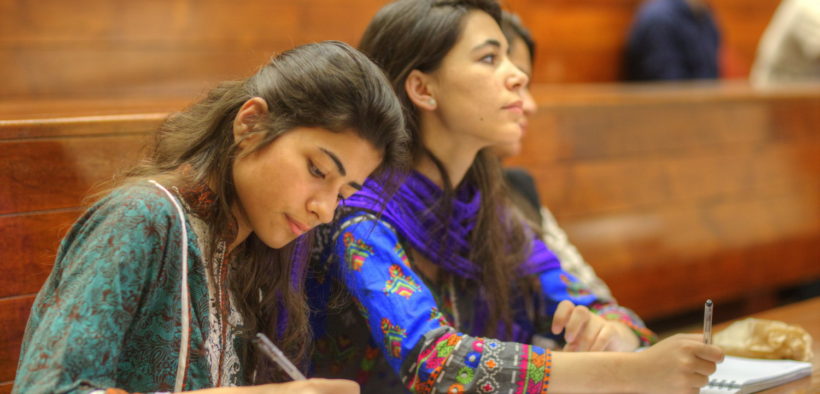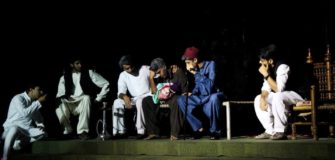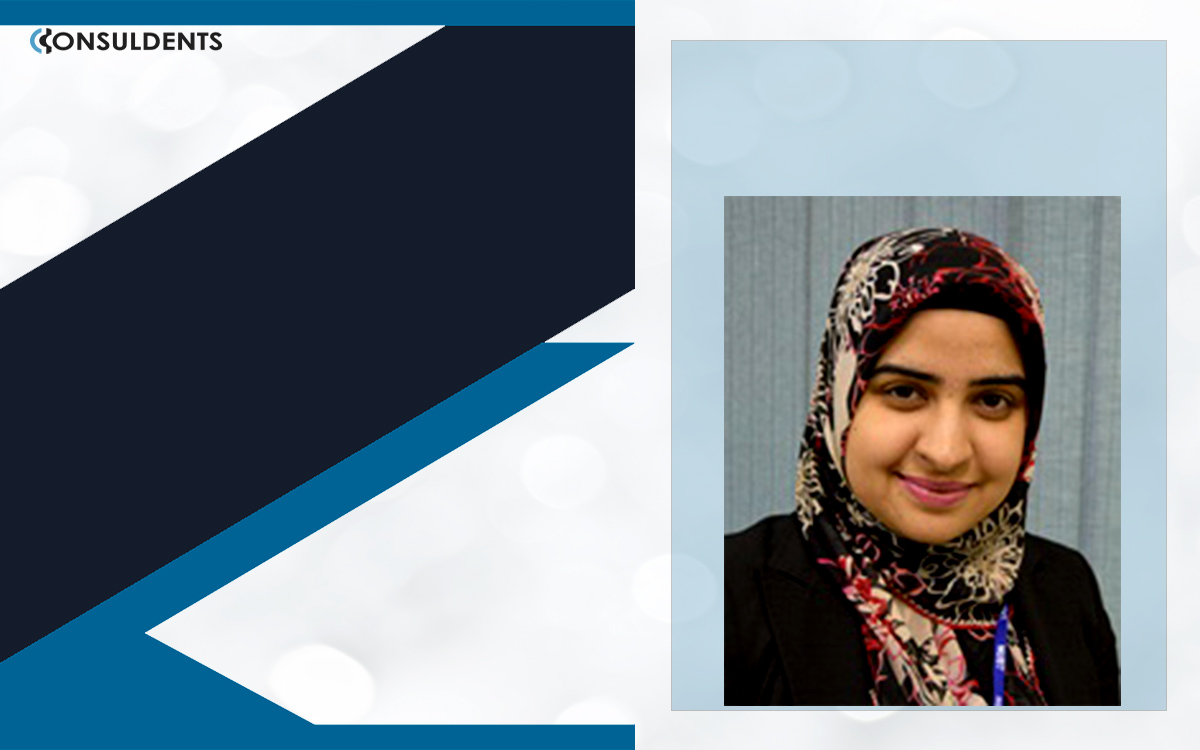The 21st century university model in Pakistan
Share

Ever wonder, what’s the 21st-century university model in Pakistan? We don’t have the answer, but we all know that our current university system is not appropriate. Instead, it is mostly a waste of time and resources. We need to invest in searching for the answer to this important question. All learning institutions need to innovate using the current and evolving technologies and Pakistani universities should be no different.
Our existing model of educational institutions is largely based on the assumption that one can acquire knowledge in such places. This concept is outdated now as it does not consider the fact that huge amounts of knowledge is already available freely on the internet through online courses, digital media and open libraries and that also almost free or at a very little cost. So, what purpose does our universities serve?
This is an important question. The fact that there is no systemic evaluation of our universities. If there was one proper evaluation, we would have realized that our universities have failed us almost on every metric. For instance, after spending much of time and resources, how many students are getting jobs or are otherwise gainfully employed? Further, how many postgraduates and PHDs are currently employed and what is likely to happen five years and ten years from now? Fact is if we look at the last 20 years, after spending tons of rupees on brick and mortar campuses and thousands of dollars on scholarships, we only have 7 professors per university and that too of low quality. Most places in the world in every department has more than 20 professors.
However, the employment focus is only a small question. The real question is whether a university is providing adequate thought leadership. Whether it is serving the purpose to inspire and to serve the spirit of inquiry. To groom critical thinkers. To ask questions and encourage the truth-seekers of every generation. To be the “brain” of a country where excellence is rewarded, and wisdom is cultivated. In this context, are the universities today engaged with the challenges and opportunities of our civilization, are part of the contributors or just plain critics.

Somehow, we aren’t learning from the changing trends especially from the regions we romanticize. University professors, tenure or not, in the US, UK, Australia, Canada and Germany are widely and actively involved, leading or advising a great deal of startups, innovative explorations or running initiatives beyond their traditional academic demands. Entrepreneurship and innovation centers are not just institutes but are centers of learning and practice. MOOCs are an extension of learning and practice at various universities and in some it is mandatory for students to take these before actually sitting in class. The ‘job’ is gradually transforming into a new structure that is multirole, dynamic, entrepreneurial, technology driven and cognitive development orientated fuel by real world human, science and business challenge solving. How are our universities or education systems (provincial) dealing with this, we don’t have an answer yet?
An appropriate question then is to ask what needs to change to make Pakistani universities thinking organizations? One where students can argue, critique with reason and where qualities extend beyond employability only. As a first step, we should make public sector universities independent of HEC. If we don’t trust and respect the VCs and professors and turn them into clerks, how would they create the centers of excellence we hope they should? Unfortunately, the public sector universities have the resources (land, funding, research grants) and private sector universities have the freedom (but not enough land, funding, research grants).
We should give freedom to public sector universities and resources to private sector universities. Second, the learning institutions must be redesigned keeping in view of changing realities of our time. At the minimum, all institutions should themselves be automated, and a basic ICT course should be mandatory for all, starting from top leadership of HEC and the universities. Third, as Consuldents has always believed, the industry-academia linkages should be drawn from the first semester and not when a student graduate.
Why do we have to live in industrialized world mode of education where students have to wait for four years of bachelors to start working? Why cannot we follow a localized education system, which fosters research, critical thinking as well as working with industry on key cutting-edge issues from early on. With Consuldents leading academia-industry linkages in Pakistan by providing students an opportunity to work on cutting-edge projects and competitions, we are hoping that we will change the education and employment landscape of Pakistan and give students the opportunities they deserve.






